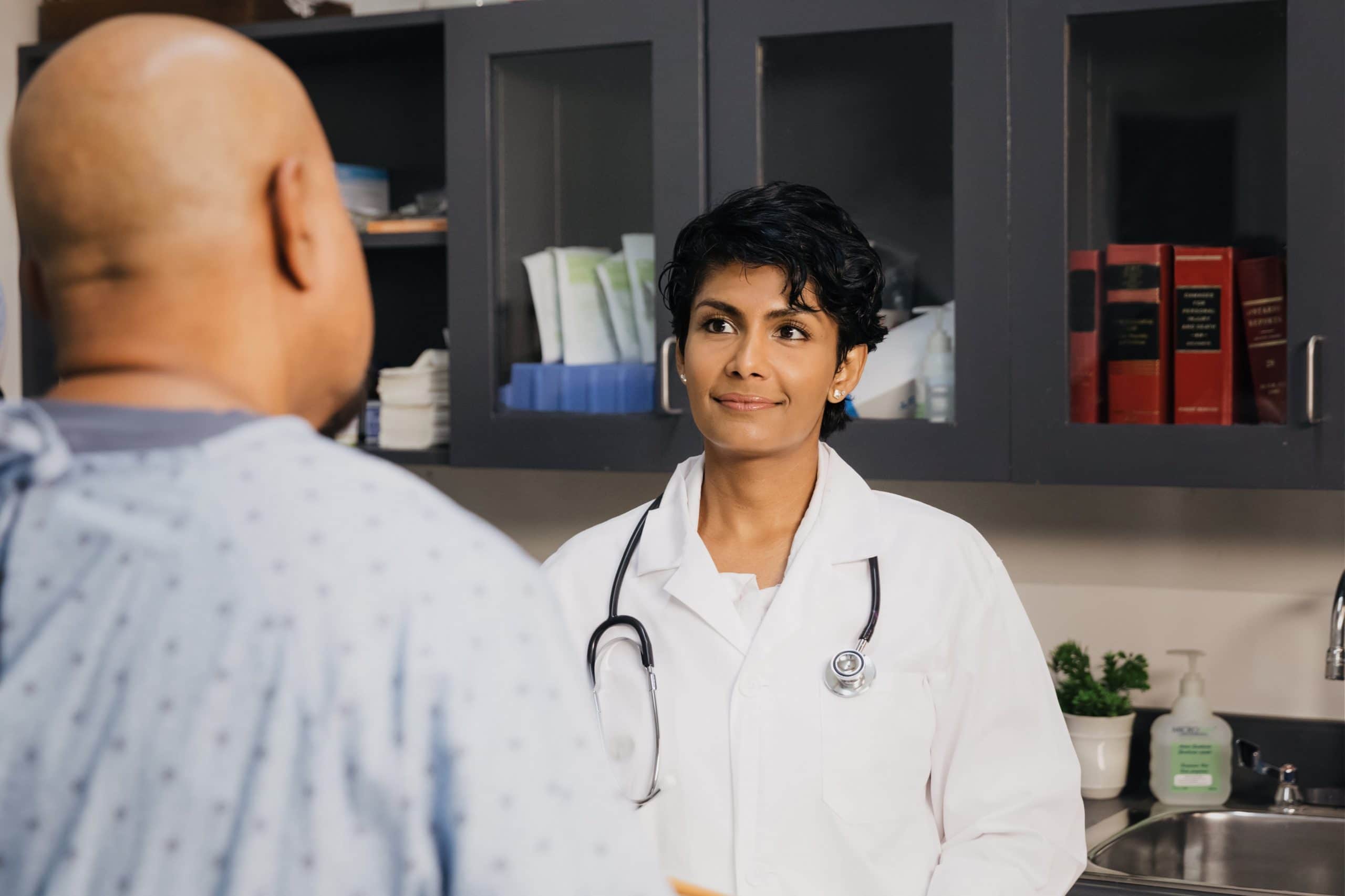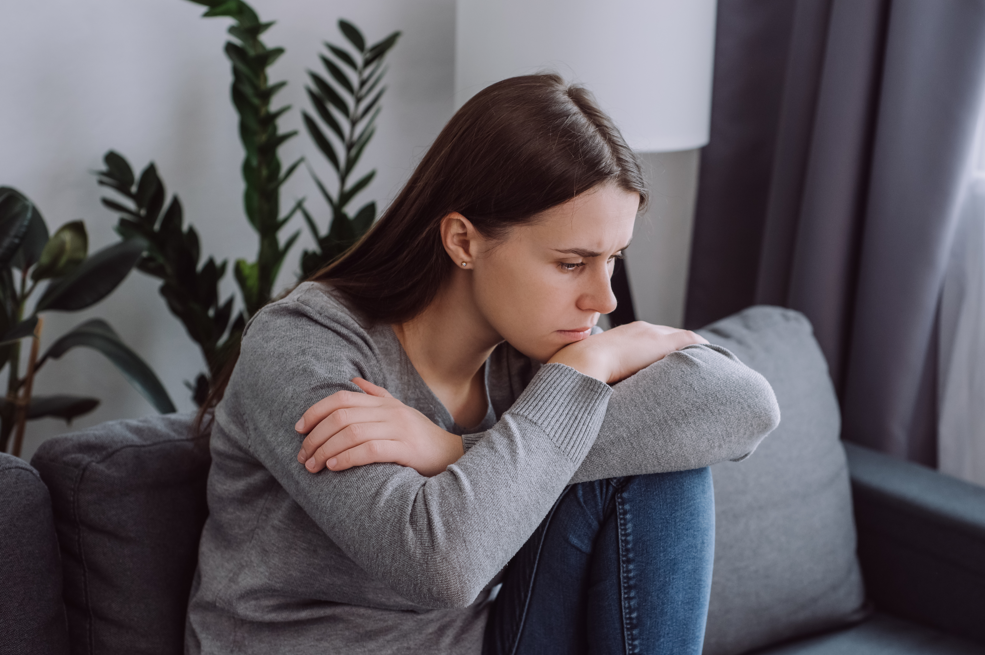
Addiction treatment can be overwhelming and intimidating to those who are suffering, especially if they have tried to quit on their own with no luck.
What is Medication Assisted Treatment (MAT) in Addiction Treatment?
In medication assisted treatment, MAT takes a holistic approach to addiction recovery by offering evidence-based treatments.
There are two primary types of MAT: methadone and buprenorphine. Methadone reduces withdrawal symptoms and blocks opiate effects so you don’t get high on heroin or other opiates.
Buprenorphine is an opioid medication that decreases cravings for opiates and can prevent withdrawal symptoms if taken before they start, while also blocking the effects of opiates like heroin. Research has shown that MAT helps reduce mortality rates in those who have been prescribed medications in addition to behavioral therapies.
Studies show that people with substance use disorders who receive medication-assisted treatment are more likely to remain abstinent over time than those without it.
Evidence shows that this type of therapy is effective when combined with behavioral therapies such as cognitive behavioral therapy (CBT). So why should you consider Medication Assisted Treatment as the best way to recover from addiction? Here are some of the many reasons why MAT is the best choice.
Medication Treatment Assists in Reducing Cravings
Medication reduces cravings for drugs and alcohol by altering neurotransmitters in the brain, including serotonin, dopamine, and norepinephrine.
Medications for drug and alcohol addiction come in different forms depending on what substance an individual needs help with. These medications are typically used as a complement to therapy and other behavioral treatments, like group counseling.
MAT medication provides a way of achieving sobriety while maintaining normal levels of functioning in everyday life.
People who use MAT enjoy improved physical health, enhanced mental well-being, more positive relationships with others and themselves, increased occupational productivity at work or school (especially among those with ADHD), higher quality of life (e.g., greater self-esteem), plus better outcomes than people who remain abstinent.
Medication Can Help Prevent Relapses
The best way to ensure a relapse-free life for someone with an addiction is by treating them with medical treatment rather than just relying on willpower.
And if they do experience a lapse, these medicines can be taken again to quickly diminish the effects and minimize any damages. It’s also been found that many addicts are able to stop their dependency on street drugs after starting MAT because it doesn’t come with the same dangerous risks.
In addition, MAT allows those living with addiction access to health care services such as mental health therapy or other social support programs that may not otherwise be accessible to them.
Overall, MAT should be considered the first line of defense against addiction because it prevents relapses and can lead to better recovery outcomes as well as improved quality of life for those suffering from substance abuse disorders.
Medication Reduces the Physical Symptoms of Withdrawal
Medication can also reduce the physical symptoms of withdrawal, making it easier for you to focus on your recovery. Some medications even act as a substitute for drugs and alcohol.
On top of this, many addicts find that withdrawal symptoms are worse when they go through them without meds. If you don’t want to start using again because you’re worried about how awful it will be, this option could be the perfect way for you to get help while still managing your addiction.
It may take some time before you start feeling better with MAT. You’ll need to give your body time to adjust. However, it’s worth it in the long run! With MAT, you’ll need frequent visits with a physician or therapist who knows what they’re doing.
These professionals will make sure everything is going well and adjust medications accordingly if needed. They can also answer any questions or concerns that come up along the way – which just might prevent an unnecessary relapse!
Medication is Easy to Access
Medication-assisted treatment drugs are now available in pill form, meaning patients can now get their medicine without having to rely on a health care provider.
One way that doctors are combatting prescription drug abuse is by prescribing medication-assisted treatment drugs like methadone and buprenorphine/naloxone.
These drugs act as a substitute for street drugs and help control cravings and withdrawal symptoms associated with addiction. MAT medications also carry few side effects compared to illegal substances.
Studies have shown that over half of substance abusers seeking treatment prefer taking MAT over traditional therapies because they want the best chance at staying sober.
The most common MAT treatments include methadone, naltrexone, acamprosate, buprenorphine/naloxone combination, and vivitrol.
These types of treatments work by attaching themselves to opioid receptors in the brain to curb cravings and lessen withdrawal symptoms. Once these drugs are taken consistently, they’re able to block or slow down euphoric feelings experienced while using an illicit substance or alcohol.
Recovery Management
The recovery process is made difficult by cravings, social pressure, negative feedback loops, and stress. These potential obstacles could be eliminated with MAT that provides drugs such as methadone and buprenorphine.
It’s often tough for people in recovery on their own to manage other areas of their life that weren’t impacted by addiction. Counseling services offer life skills training, education, and encouragement so that those who are recovering can integrate back into society more easily.
Many people come out of addiction believing they’re ready for a new life, but the transition can be daunting with all the changes one needs to make. It’s very important during this time to have someone guiding you through all the questions and challenges that arise, showing you how to maintain your sobriety while being out in public, teaching you basic money management skills, and just listening when you need it most.
Many individuals with co-occurring disorders get frustrated when they try to find out more about recovery management. Recovery management for someone with a co-occurring disorder means that, in addition to managing substance abuse and other mental health issues, you also work on mental health issues as well.
Recovery management is available as medical assistance treatment or as peer-assisted treatment. These include antidepressants, anti-anxiety medications, mood stabilizers, and antipsychotics.
A lot of people use these types of medication as needed instead of taking them every day because their body adjusts so quickly to them and they have fewer side effects.
North Jersey Recovery Center: Safe and Effective Medication Assisted Treatment Procedures
Whether you are suffering from withdrawal symptoms or constant cravings for alcohol and other substances, our highly qualified and experienced staff at North jersey Recovery Center are on standby to help you get the help you urgently need.
Contact us today to learn more about our MAT programs!






